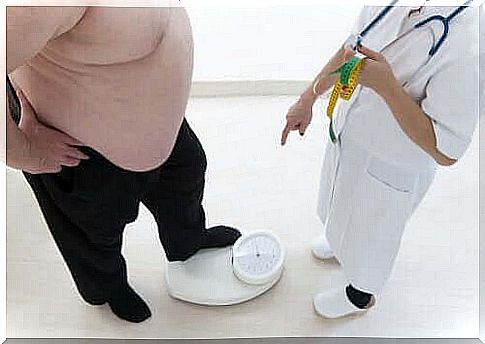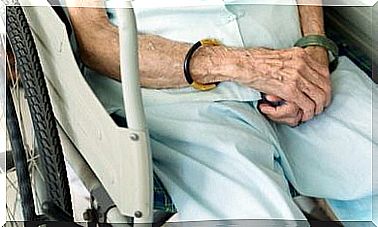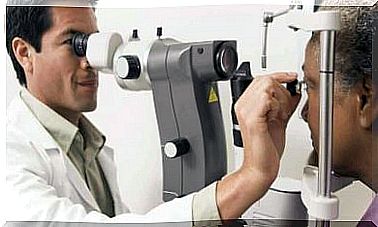What You Should Know About Weight Loss Drugs
Weight loss drugs are not the solution to obesity, but they help make the necessary lifestyle changes so you don’t gain weight. None of these drugs has been shown to be more effective than diet and exercise combined.

Weight loss drugs are often the subject of myths, misconceptions and misinformation. Unfortunately, drugstore has popularized various substances that promise to help people lose weight, but these either have no effect or may be harmful to health.
Slimming drugs are just that: drugs. Therefore, they can only be prescribed by a healthcare professional who assesses and determines whether this type of product is indicated for a specific case or not. And this depends on many factors.
It should also be noted that they are not a quick fix. Losing weight is a complex process that requires effort on several fronts. While medication can be helpful, it is of little use if it is not supplemented with proper diet and exercise.
Slimming drugs

The first thing to say is that these substances are never prescribed for cosmetic purposes. Second, none of these drugs has been shown to be more effective than a routine program of diet and controlled exercise.
That said, it should be noted that these types of drugs work on the central nervous system, inhibiting the complex hypothalamic circuits that regulate feelings of hunger and fullness. In other words, they help you feel less hungry.
There are also other drugs that help speed up metabolism or have a diuretic or laxative effect. In addition, there are “fat burners” on the market, sold in supermarkets or drugstores, whose effectiveness is not scientifically proven.
Patient profile for slimming drugs
Weight loss medications are not for everyone. In principle, they should not be used by pregnant or breastfeeding women, or by minors, and should not be taken without medical advice.
This type of medication is used when patients meet the following criteria :
- There is a diagnosis of obesity : the doctor classified the patient as obese because his weight is 20% greater than ideal depending on his size and build. In general, this corresponds to those who have a BMI – body mass index – of 30 or more.
- Minor BMI with Concomitant Illness : There are cases where the BMI is less than 30, but greater than 27, and the person has problems such as diabetes, sleep apnea, or high blood pressure. In this case, the prescription of these drugs is adequate.
It should be noted that in neither of these cases are drugs the first choice of treatment. They are indicated in cases where the person has followed a diet and exercise program for a period of 3-6 months and has failed to lose more than 5% of their weight during this period. The person should also be highly motivated and committed to the goal of weight loss.
Side effects of these drugs

Like all chemicals, weight loss drugs also have side effects that vary from person to person. Mild symptoms such as diarrhea, constipation and / or nausea are the most common and decrease over time.
Some medications, such as phentermine, benzfetamine, diethylpropion, and phendimetracin, can cause trouble sleeping, nervousness or restlessness, as well as headaches and high blood pressure. In some cases, the following side effects have also been observed:
- Yellow pigmentation of the eyes and / or skin
- Dark-colored urine
- Pale stools
- Itchy skin
- Abdominal pain
- Loss of appetite
Precautions and other information
It is important to note that some products sold in drugstores and presented as slimming substances are not safe, as they are not supported by any scientific studies. They are therefore sold freely.
Some of these products, especially those containing ephedra, ephedrine or caffeine, have been linked to reports of epileptic seizures, heart attacks, strokes and sudden death. You should therefore consult your doctor before ingesting these types of substances.
Prescribed slimming drugs lose their effect when stopped. Therefore, in the absence of a proper diet and lifestyle, it is very likely that stopping these drugs will lead to weight gain.









